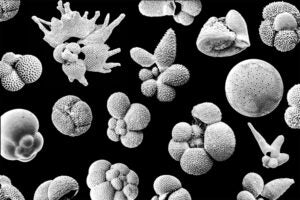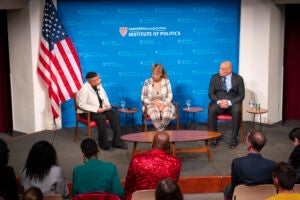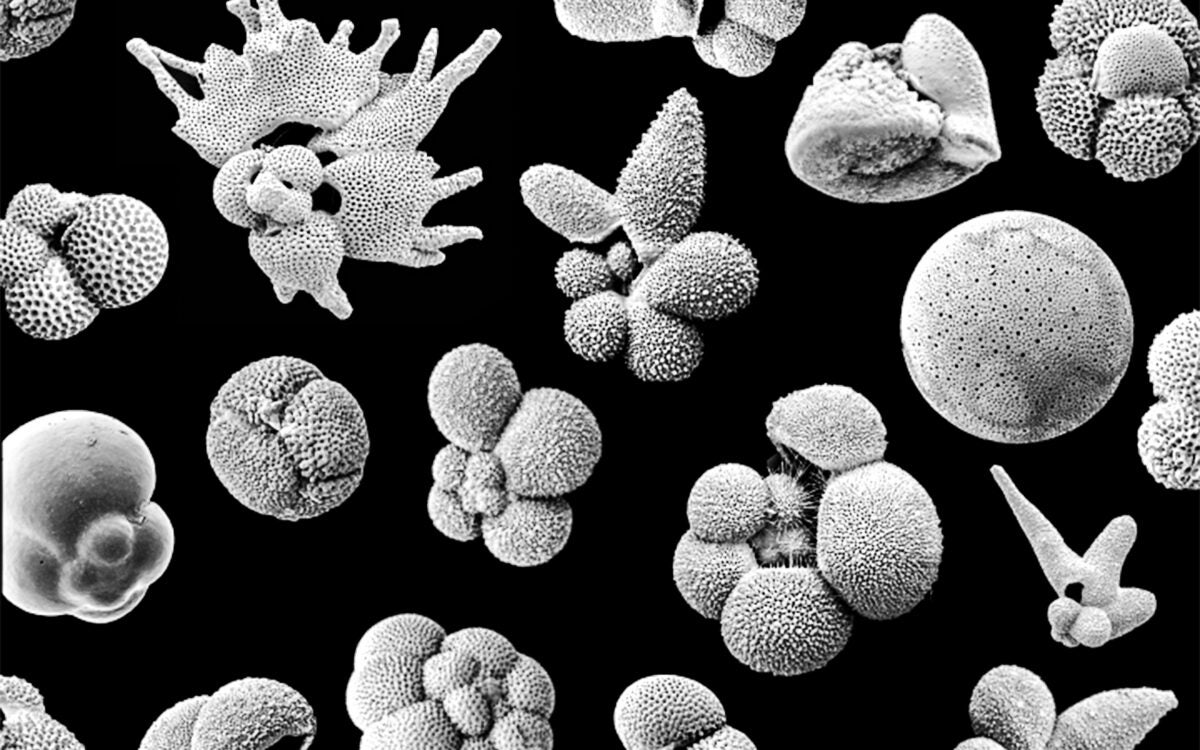HSPH efforts in Africa helped lead to decade of success against AIDS
The largest public health initiative in history dedicated to a single disease was announced unexpectedly during President George W. Bush’s State of the Union address in 2003: $15 billion over five years to fund a new international AIDS effort. For AIDS researchers at HSPH, the program known as the President’s Emergency Plan for AIDS Relief (PEPFAR) offered the opportunity to dramatically scale up their efforts in African countries hit hard by the disease.
“By the early 2000s, thanks to new drug discoveries, AIDS was no longer a death sentence in the developed world. But the vast majority of AIDS patients, who were (and still are) in Africa and Asia, didn’t have access to treatment,” said Phyllis Kanki, professor of immunology and infectious diseases at HSPH. Kanki spearheaded the School’s application to PEPFAR— the largest government grant in Harvard University’s history. “PEPFAR was designed to address that gap. We couldn’t really go on thinking that we had addressed the AIDS epidemic if we didn’t do something to provide treatment to people in resource-limited countries.”
The School received a total of $362 million from PEPFAR for work in Nigeria, Botswana, and Tanzania training health care workers, developing monitoring and evaluation systems, strengthening health care infrastructures, and collaborating with local hospitals and clinics that provide treatment for AIDS patients. HSPH’s PEPFAR grants wound down last year, and researchers at the School are now working with partner organizations to transition activities to full local ownership.




